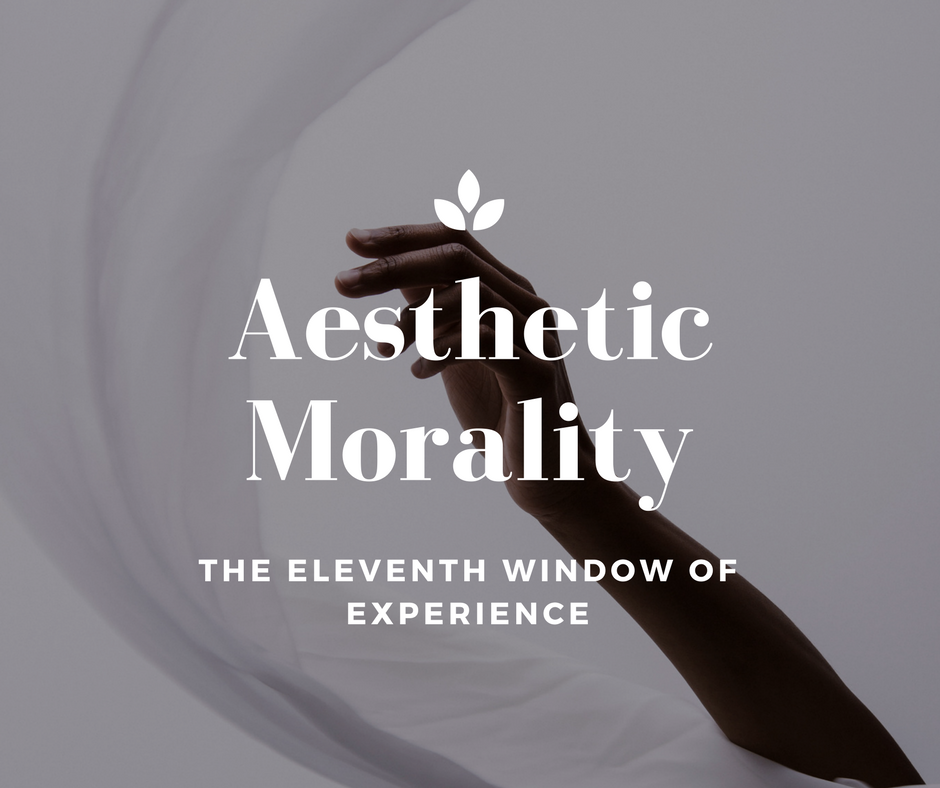|
The eleventh window is aesthetic morality. Aesthetic refers to our experience of beauty. Morality speaks to our experience of goodness. This window contains the polarities of ugliness and evil as well. There are critical experiences in humans, particularly in the developing experience of the child, in which the person learns to see beauty as good and goodness as beautiful. That connection seems to be vital to the subsequent emergence and personal growth of self in adults. It is further reinforced by the antithesis, experiencing ugliness as evil, and evil as ugly. Such a connection seems to better assure that the person will stay responsible for self, will remain congruent, will live out of his or her own self-discipline, and will maintain a constancy of personal choices.
Psychologist Carol Gulligan, in A Different Voice, wrote the the "essence of moral decision is the experience of choice and the willingness to accept responsibility for that choice." Such choice comes most reliably out of an aesthetic sense. Experiencing evil as ugly seems to be an incomparably more powerful motivation to choice or change than any social feeling that something is wrong. And an inner sense of the beauty of goodness appears to be a far stronger reinforcement of personal morality than the usual religious or social reinforcement . Perhaps we see this power more vividly because both are such deeply personal and inner experiences. Goodness and beauty resonate with self while evil and ugliness both seem almost synonymous with nonexperience. Taken from The Windows of Experience by Malone and Malone
0 Comments
Your comment will be posted after it is approved.
Leave a Reply. |
Jake Thiessen, PhDI've been working with couples for a very long time. And, I love it! This blog is my attempt to communicate some of the things I've learned over the past 40 years. Archives
October 2020
Categories |



 RSS Feed
RSS Feed